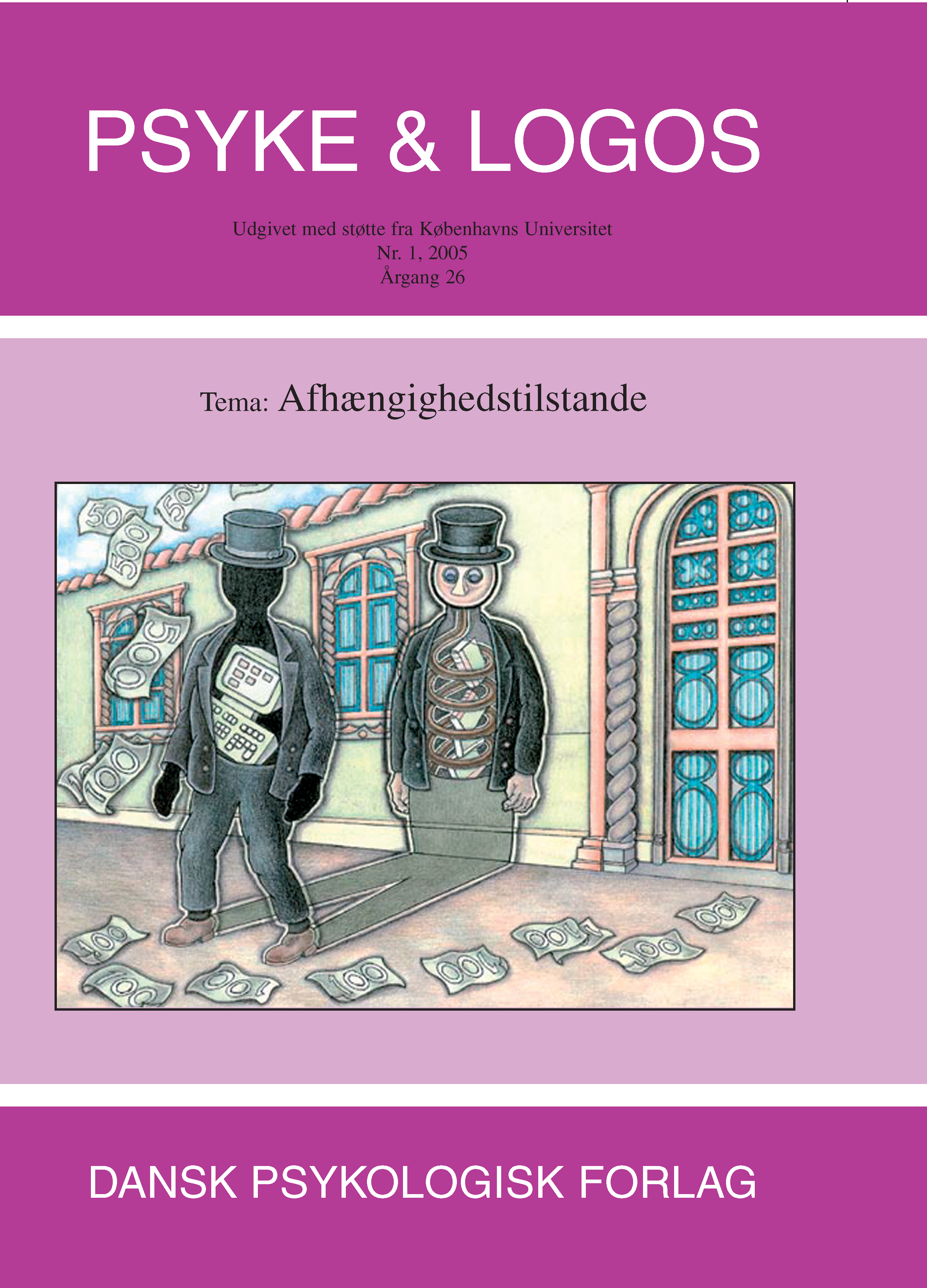Dopamine and Addiction: The medium is the message
DOI:
https://doi.org/10.7146/pl.v26i1.8203Nøgleord:
Addictions, DopamineResumé
A large variety of addictive substances and behaviors has been linked to changes in brain dopamine neurons, which are connected to pathways intimately involved in motivation and reward. Indeed, it has been claimed that all addictions, including nicotine, amphetamine, cocaine, alcohol, and perhaps gambling converge on dopamine mechanisms in parts of the brain subserving reward or reinforcement. However, physiological studies suggest that this simple model may confuse the message (mediated by dopamine) that a reward has taken place, with the reward itself. Dopamine may in fact subserve the education of the brain to anticipate strategies for obtaining rewards in the future, but some drugs may hi-jack this normal motivational and adaptive process and become an end in themselves. Many addictive drugs produce short term changes in receptors for dopamine and other neurotransmitters. While these temporary changes may account for the unpleasant aspects of the acute phase of withdrawal, other factors must underlie craving and the risk of relapse in drug addiction. It is coming to be understood that these long term changes are mediated by intracellular proteins under the control of dopamine receptors, which ultimately serve to alter gene expression, thus inducing longlasting changes in neuronal activity. While many biochemical studies of addiction have been carried out in experimental animals, the advent of positron emission tomography (PET) has made possible the investigation of dopamine systems in living humans. Short term and chronic changes in brain dopamine have been noted in PET studies of nicotine, cocaine, alcohol and amphetamine addicts. It is hoped that a more complete biochemical understanding of the nature of addiction will ultimately lead to improved treatments.
Downloads
Publiceret
Citation/Eksport
Nummer
Sektion
Licens
Ophavsret er tidsskriftets og forfatternes. Det er gældende praksis, at artikler publiceret i Psyke & Logos, som efterfølgende oversættes til andet sprog, af forfatteren frit kan publiceres i internationale tidsskrifter, dog således at det ved reference fremgår, at den oversatte artikel har et forlæg i en dansksproget version i Psyke & Logos. Artikler kan frit deles og linkes til på forsknings- og undervisningsnetværk (så som Blackboard). Link foretrækkes, fordi det giver oplysning om brug af tidsskriftets artikler.




